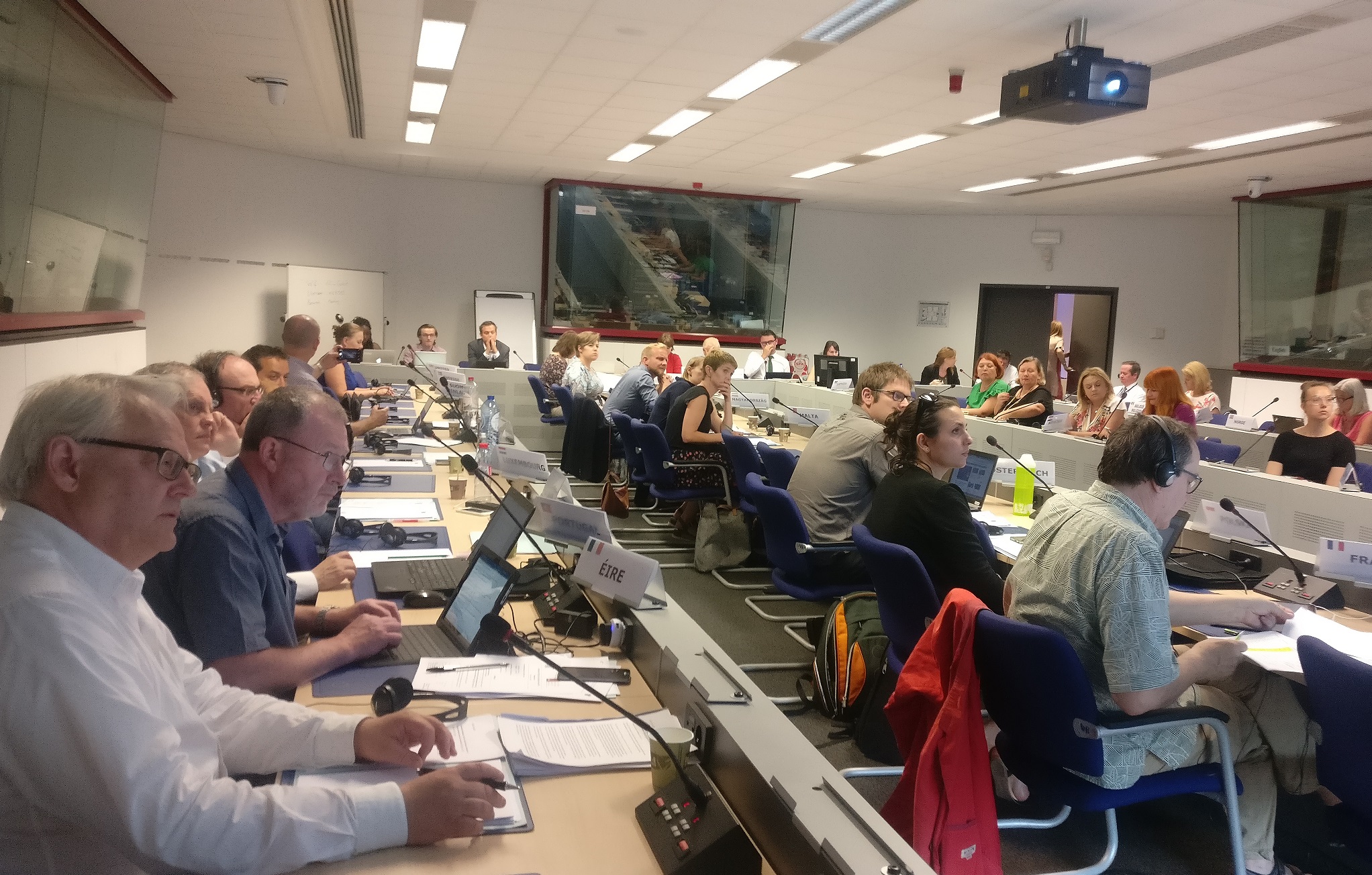Innovation and inclusion in education: education social partners taking the lead
Published:
What are the dangers from company-led innovation in education? What are the effects of learning analytics (LA) and artificial intelligence (AI) on students’ learning and teachers’ employment and wellbeing? How to promote the ethical use of learning analytics and artificial intelligence with a view to benefit all students, regardless of their socio-economic background? How to address the risk of cyber-harassment of teachers and other education personnel? How can open and innovative practices be used to promote inclusive education systems? What is the role of education in promoting inclusion and common values? Which role should social partners play in all these issues?
These and many other questions representatives from the ETUCE and the European Federation of Education Employers (EFEE) from around 20 EU countries addressed on 24 June 2019 in the course of their annual Working Group meeting in the European Sectoral Social Dialogue Committee on Education (ESSDE). Joined by experts from academia and the European Institutions, education trade unions raised critical points on educational innovation driven by commercial interests of companies rather than by pedagogy and children’s needs, and issues that are relevant for teachers in their working lives across Europe when innovation and ICT in schools become a reality. On risks of cyber-harassment, prevention and mitigation measures are often missing across EU member states. Democratic accountability, regulatory terms for platform providers, public financing and coherent policy frameworks that address inclusion and benefit all students are particularly needed to face changes in digitalisation.
An ethos of intercultural dialogue at all levels and in the communities to promote real educational inclusion and multiculturalism in schools, a teacher population that reflects diversity in the classroom, and a political will to combat all forms of intolerance and social exclusion are some of the responses to mitigate the effects of the worrisome rise of xenophobia, nationalism and populist movements in European societies. However, representatives stressed the need to involve all sectors of public policy and of governments to address the underlying causes of extremism and challenges to democratic values, through a serious commitment to fight poverty and exclusion, in order to enhance social cohesion and to break the cycle of disadvantages in society.
“Across Europe, inclusion in education as well as digitalisation should be of equal high importance to education authorities and social partners in education.. Digital skills and media literacy which are today high on the agenda of the European Union and Member States’ policy, reform and funding efforts, should all be geared with a view to making inclusion a reality”, said Susan Flocken, ETUCE European Director, commenting on the need for a holistic approach in Europe to redistribute the benefits of the economic growth and to balance social and economic priorities.